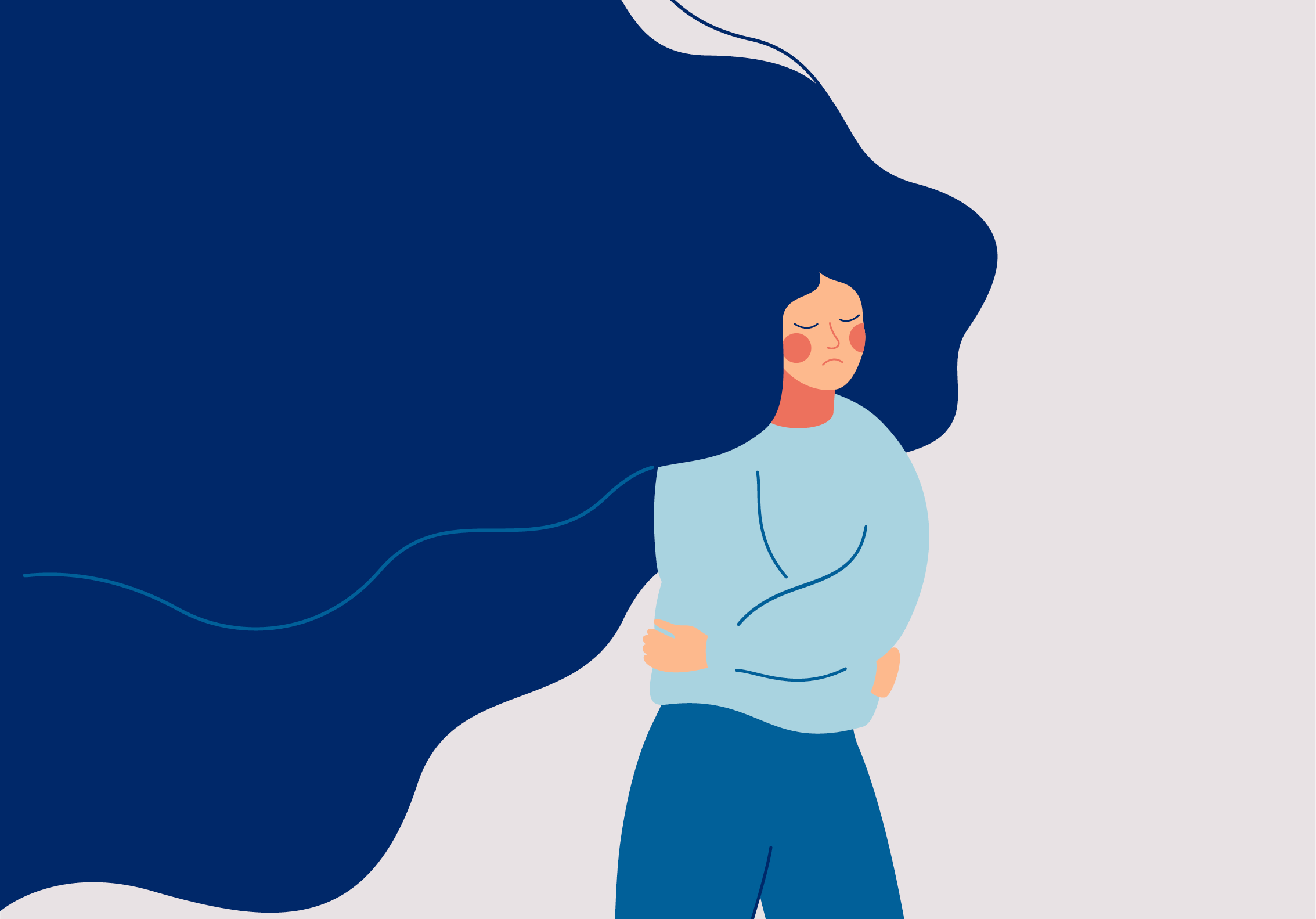
News articles
Stay informed about all the latest news from the community, science, and events happening in the LGBTQIA+ community.
-
The Walk of Shame
We can think of everything associated with shame: embarrassment, guilt, humiliation, rejection, scorn, and the list can go well into a whole page.
-
The Surprising Source Of Connectedness
The other day my friend asked me, “So what did you think about when you were diagnosed with HIV?”, and quite simply I replied, the Grim Reaper TV commercial.
-
Understanding And Addressing STI Stigma
As a Health Promotion Officer at WAAC, I ask this question every time we run a workshop on sexually transmitted infections (STIs), testing and prevention. Why might someone be worried about STIs?
Page 1 of 1


